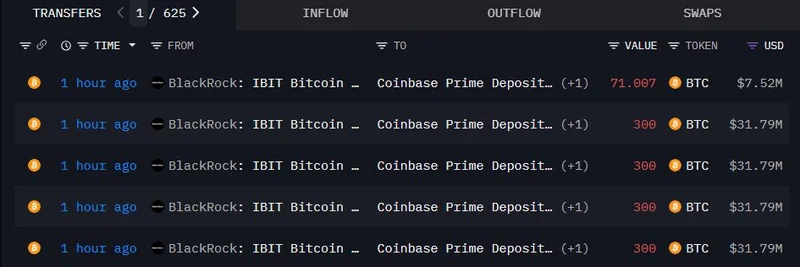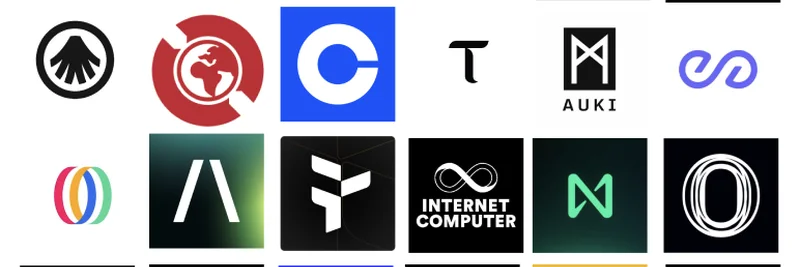In the fast-paced world of cryptocurrency, where meme coins like Dogecoin and Shiba Inu can skyrocket overnight, it's easy to get caught up in the hype. But a recent post on X (formerly Twitter) from KevinWSHPod, host of the "When Shift Happens" podcast, sparked a conversation that's worth diving into for anyone eyeing meme tokens as their ticket to riches.
KevinWSHPod dropped what he called an "unpopular opinion" on the platform: "Hypergambling is NOT a sustainable wealth building strategy. Working harder and for longer is." For those new to the term, hypergaming refers to the high-stakes, speculative betting that dominates much of the meme coin space. Think of it as pumping money into ultra-volatile tokens based on viral trends, social media buzz, or sheer FOMO (fear of missing out), rather than fundamental value or long-term potential.
This take resonated quickly, drawing replies from crypto enthusiasts who largely agreed. One user, Deno, echoed the sentiment: "Hard work and consistency is what builds wealth." Another, Miracle, added, "Consistency is everything." Even in a space known for its degenerate gambling vibes—where "degen" culture celebrates risky plays—the consensus seemed to lean toward patience over quick flips.
As someone who's edited stories on everything from Bitcoin's rise to the latest DeFi innovations at CoinDesk, and now curating meme token knowledge at Meme Insider, I've seen this play out time and again. Meme coins are fun, sure—they're the wild cards of blockchain, often driven by community memes, celebrity endorsements, or absurd concepts that capture the internet's attention. But treating them like a casino game? That's a recipe for burnout and empty wallets.
Consider the mechanics: Meme tokens thrive on hype cycles. A viral tweet or Reddit thread can send prices soaring, but without underlying tech or utility, they often crash just as fast. Hypergambling here means chasing those pumps, maybe aping into a new token like PEPE or WIF, hoping to 10x your investment in days. It feels exhilarating when it works, but statistically, most players lose out. Data from platforms like CoinMarketCap shows that while a few meme coins hit the big leagues, thousands fade into obscurity, leaving bag holders in the dust.
Instead, the real winners in crypto—and especially in the meme ecosystem—are those who grind. That could mean building communities around tokens with actual staying power, like contributing to projects on Solana or Ethereum that blend memes with real-world applications. Or it might involve educating yourself through resources on sites like Meme Insider, where we break down the latest trends, tech updates, and strategies to level up your blockchain game.
One reply from FHE Girl asked for a definition of hypergaming, highlighting how even in crypto circles, terms can vary. It's essentially amplified gambling: leveraging tools like DEXs (decentralized exchanges) for rapid trades, often with borrowed funds via leverage, amplifying both gains and losses. In contrast, sustainable wealth comes from compounding efforts—researching projects, networking in Web3 spaces, or even creating your own meme-inspired content to drive engagement.
Of course, not everyone's on board with pure hard work. Lacastar quipped, "tell that to meme maxis 😂😂," poking fun at die-hard meme coin enthusiasts who live for the thrill. And 0xTanW3 added a thoughtful twist: "Hypergambling feels faster, but hard work compounds. What's your long game?"
That's the key question for any blockchain practitioner. If you're here for the memes, great—dip in responsibly. But for lasting success, blend that fun with diligence. Track emerging tokens, understand liquidity pools, and stay ahead of regulatory shifts. Tools like Dune Analytics can help you analyze on-chain data, turning gut-feel gambles into informed decisions.
At the end of the day, KevinWSHPod's post is a reminder that while meme coins add spice to crypto, they're not the main course for wealth building. Hard work, learning, and persistence? That's the sustainable path in this ever-evolving space. What's your take—degen or builder? Drop your thoughts in the comments below, and check out more insights on meme-insider.com.


